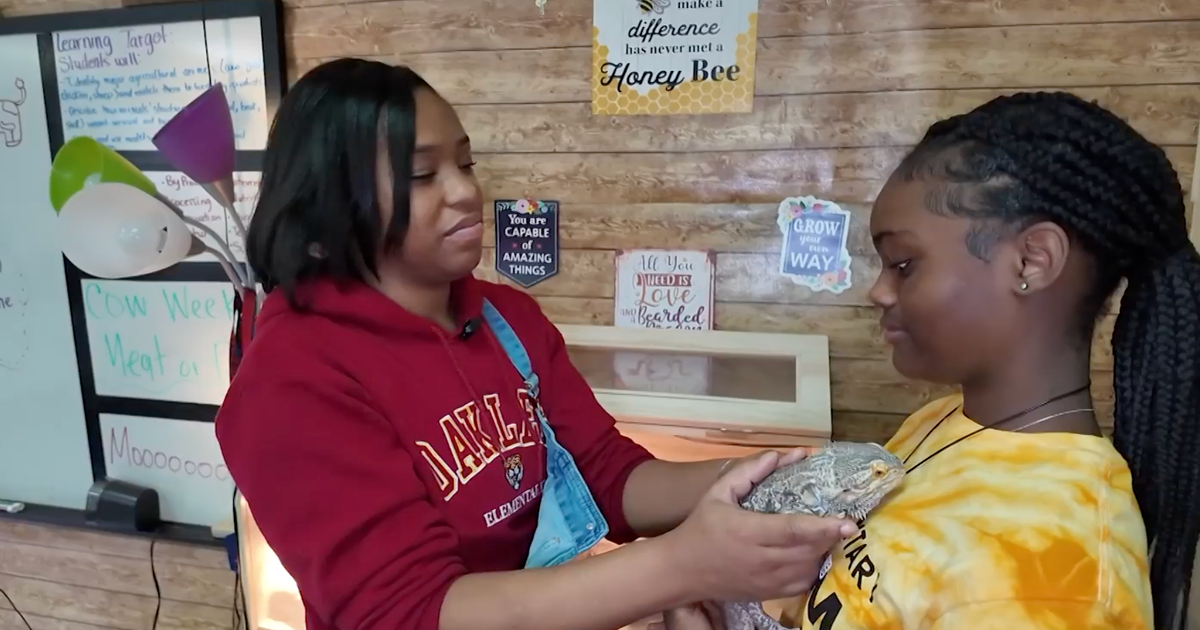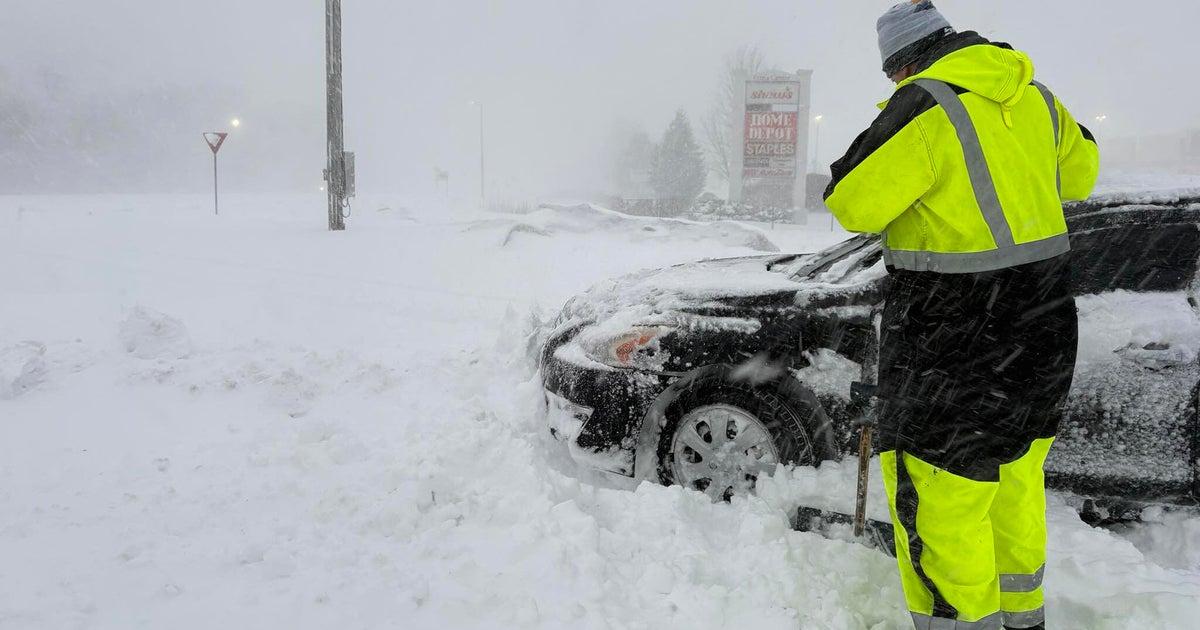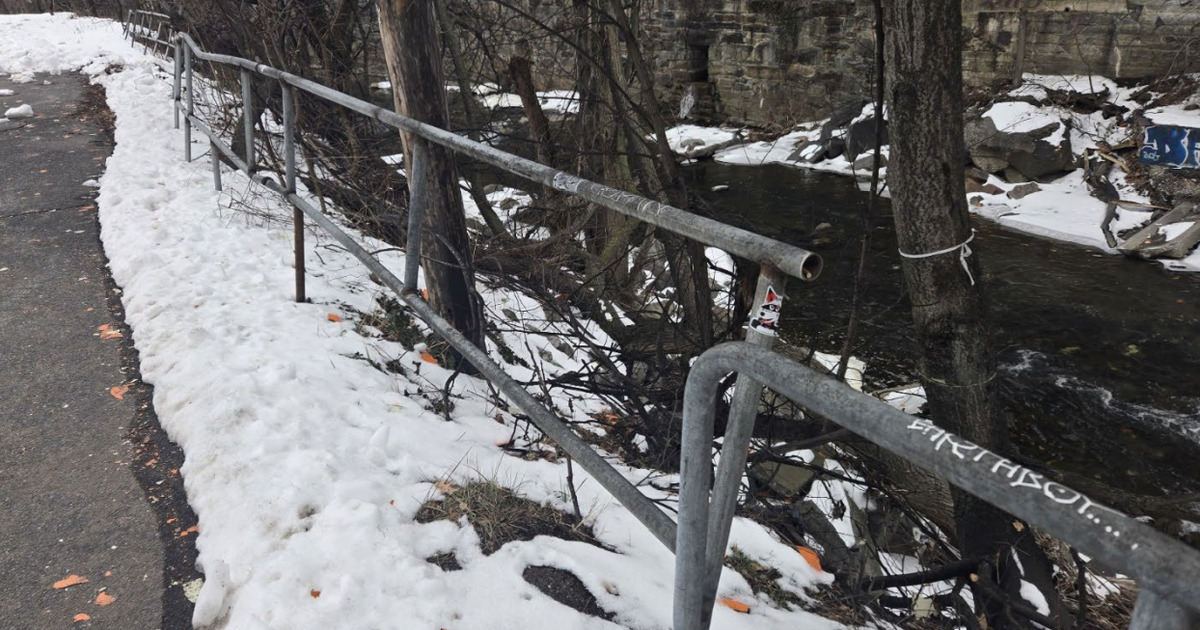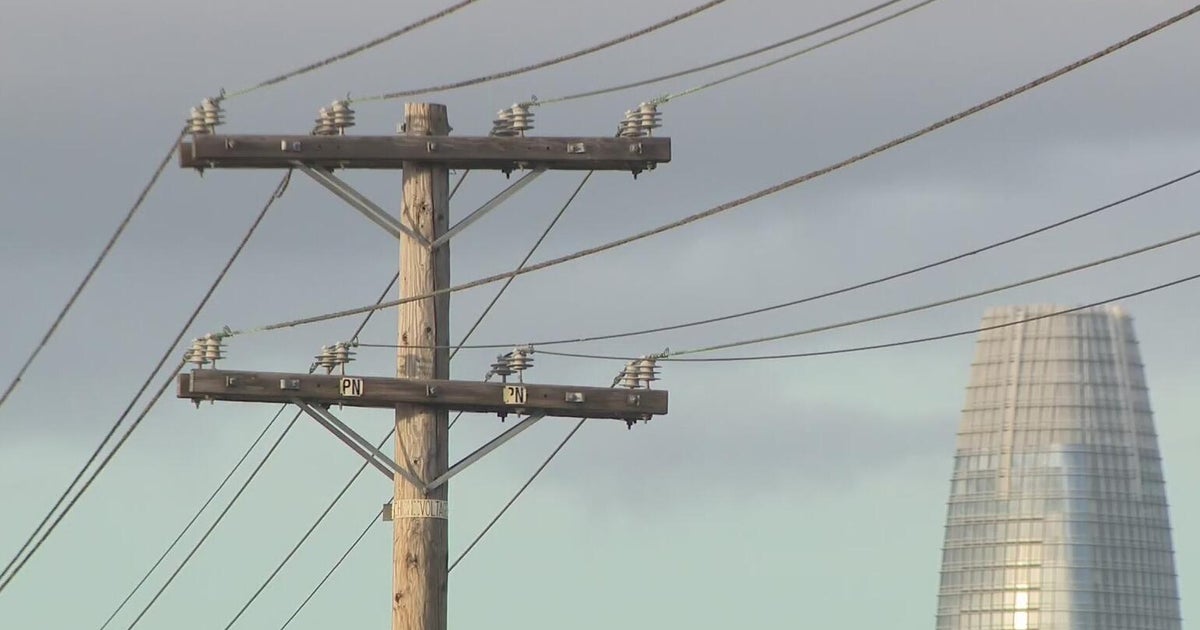Eye On Education: At-Home Lab Kits Help Students Thrive Outside Classroom
BOSTON (CBS) - Students and teachers have faced some big challenges with online learning all year, especially students of color and low-income students. One big barrier? Laboratory work for important science courses like AP Biology. But one Massachusetts non-profit made sure that lab work was never missed.
Ivyrose Likis is a teacher at Boston Excel High School. "The year I have to say was a little bit rough to start with," she said. "Just trying to navigate online learning and trying, specifically for a Science teacher trying to figure out you know key components of learning for students is the hands-on labs."
A course like AP BIO is a big one for high school students, and labs are a crucial part of the learning process – 25% of the coursework. But for 200 Boston students, when distanced learning began in the fall, lab kits came home to them.
Non-profit group Mass Insight created the "Science from Home" program. Senior Content Director Leslie Prudhomme says, "We really didn't want kids to fall through the cracks and not have any kind of lab experience."
Teachers like Ivyrose Likis say the creative at-home lab kits produced solid experience – and enjoyment for her students. "What's been really cool about this and interesting to see develop as we're doing these labs is, students having the equipment at home, they are able to visualize those concepts," she said.
The kits were paid for by outside Massachusetts funders, and the hope is to keep the lab equipment with each school and expand the program.
"At the end of the year we will collect that equipment back and we'll leave every classroom with what they need," Prudhomme said.
"They're really enjoying the fact that they are getting equipment, they're doing the labs, they're collecting data they're able to explain their understanding," Lillis added.
And there have been unexpected benefits for the whole family.
"It's become a family affair," Likis smiled. "I've had kids of brothers and sisters and cousins in while we're doing the labs...parents are getting involved in seeing kind of what's happening and what they're doing as their kids are collecting data."
"It's been really fun to be on a Zoom with a bunch of kids who don't necessarily want to open their screens," Prudhomme points out, "but then they open their screens because they want to show us what they're manipulating and they're getting it...and we're being Zoom bombed essentially by their little siblings. Heads are popping in going 'I want to do this' so that's been pretty fun."
The program was funded by the Massachusetts Life Sciences Center and the PTC Foundation. This is one of those positive developments we'll take with us from this last year. It was such a success the plan is to expand the program to Worcester and Central and Western Massachusetts.







